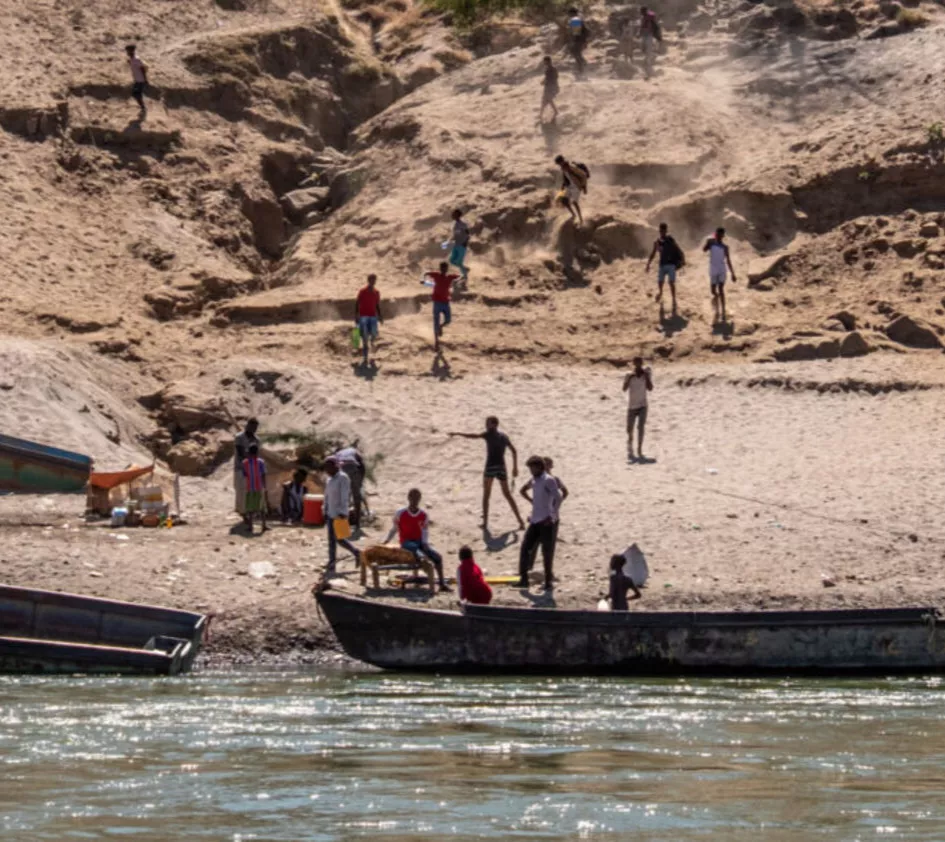We call on all parties to respect the provision of the International Humanitarian Law and Ethiopian constitution, including protection of civilians and the protection of humanitarian aid workers. Any deaths of civilians, as well as humanitarian aid workers, are tragedies, and we urge all parties to the Tigray crisis to avoid hostilities that adversely impact these groups in any way.
While we are encouraged by recent humanitarian deliveries by the Government of Ethiopia, UN and NGO partners, we remain deeply concerned about the lack of basic necessities and services available to civilians across Tigray Region and with no exceptions, including food, water and medicines. After over a month of disruption, supplies are running dangerously low across the region. We call on all parties to enable the restoration of basic services and amenities, as well as to enable access and security for humanitarian services to resume for all Ethiopian citizens and refugees.
Ready to respond
ZOA is already about to launch a response in northern Amhara where thousands of Tigrayans have fled and are living in informal camps with huge unmet needs for food, shelter, and water. As soon as we have access ZOA will be providing life-saving support to meet the most basic needs of people, mainly women and children who have been displaced by the violence. This means providing shelter, food, emergency water and sanitation, and essential items such as soap, and cooking pots for people who have literally nothing, until the conflict allows them to return home.
Photo: Refugees from Tigray crossing the border river to Sudan (Photo credit Joost Bastmeijer)

